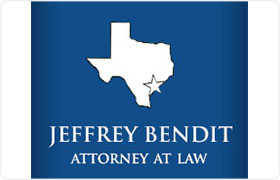Matagorda County, TX Misdemeanor Lawyers
Sponsored Law Firm
-
 x
x

Click For More Info:
-
Jeffrey Bendit P.C.
434 N. Brooks St. Hwy 36. Brazoria, TX 77422» view mapCriminal Law The Lawyer West of the Brazos
When you need someone to fight for you, we can thoughtfully evaluate your experiences and honestly direct you to the most appropriate course of legal action.
800-833-4190
Not enough matches for Matagorda Misdemeanor lawyer.
Below are all Matagorda lawyers.
Jennifer Kim Chau
International Other, Litigation, Personal Injury, Commercial Bankruptcy
Status: In Good Standing Licensed: 14 Years
Lynn C. Grebe
Estate Planning, Insurance, Personal Injury, Criminal, Health Care
Status: In Good Standing Licensed: 45 Years
Bernard Allen Cumbie
Juvenile Law, Estate Planning, Bankruptcy, Natural Resources, Family Law
Status: In Good Standing Licensed: 51 Years
Matthew Hardy Sloan
Credit & Debt, Elder Law, Family Law, Oil & Gas
Status: In Good Standing Licensed: 18 Years
Denise M. Fortenberry
Juvenile Law, Family Law, Bankruptcy, Personal Injury
Status: In Good Standing Licensed: 17 Years
Theresa Ann Dean
Juvenile Law, Family Law, Divorce & Family Law, Criminal
Status: In Good Standing Licensed: 33 Years
 Jeffrey Bendit Brazoria, TX
Jeffrey Bendit Brazoria, TX AboutJeffrey Bendit P.C.
AboutJeffrey Bendit P.C. Practice AreasExpertise
Practice AreasExpertise
